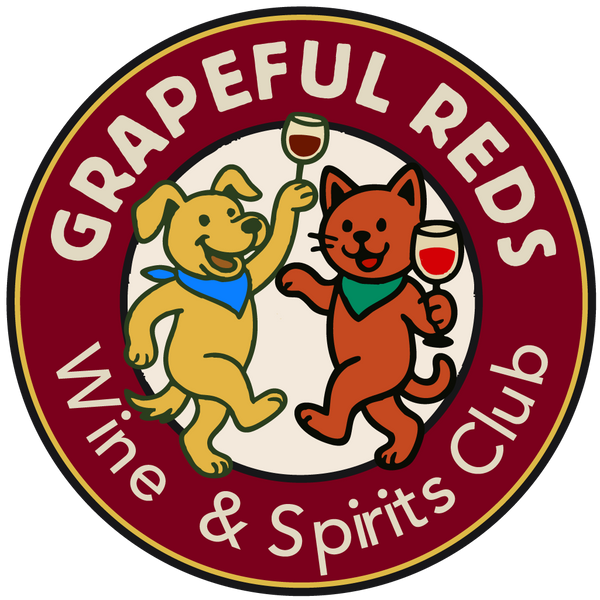Aged Wine
Definition:
Wine that’s been given the luxury of time to mellow in a bottle or barrel, developing flavors that scream sophistication instead of “I was just crushed last Tuesday.” Aging lets the sharp edges soften, the fruit notes deepen, and the whole thing taste like it knows a few secrets about life.
Why it Matters:
Aging isn’t just a fancy excuse wineries use to charge you more money; it’s the slow magic that transforms a bottle of grape juice into something worth writing poetry about. When wine ages properly, tannins smooth out, fruit flavors evolve, and new notes like leather, tobacco, or dried fruit emerge. In other words, the wine becomes less like a college freshman with a fake ID and more like a seasoned professor who’s lived through a few revolutions.
Not all wines are built for this grand journey, though. Some wines are meant to be cracked open immediately, enjoyed for their fresh and lively personalities. Others, like bold Cabernets, Barolos, and certain Rieslings, are built to go the distance. Aging is a gamble and a reward: you’re essentially betting that your wine will get better with time, not turn into vinegar before you remember it’s in your cellar.
